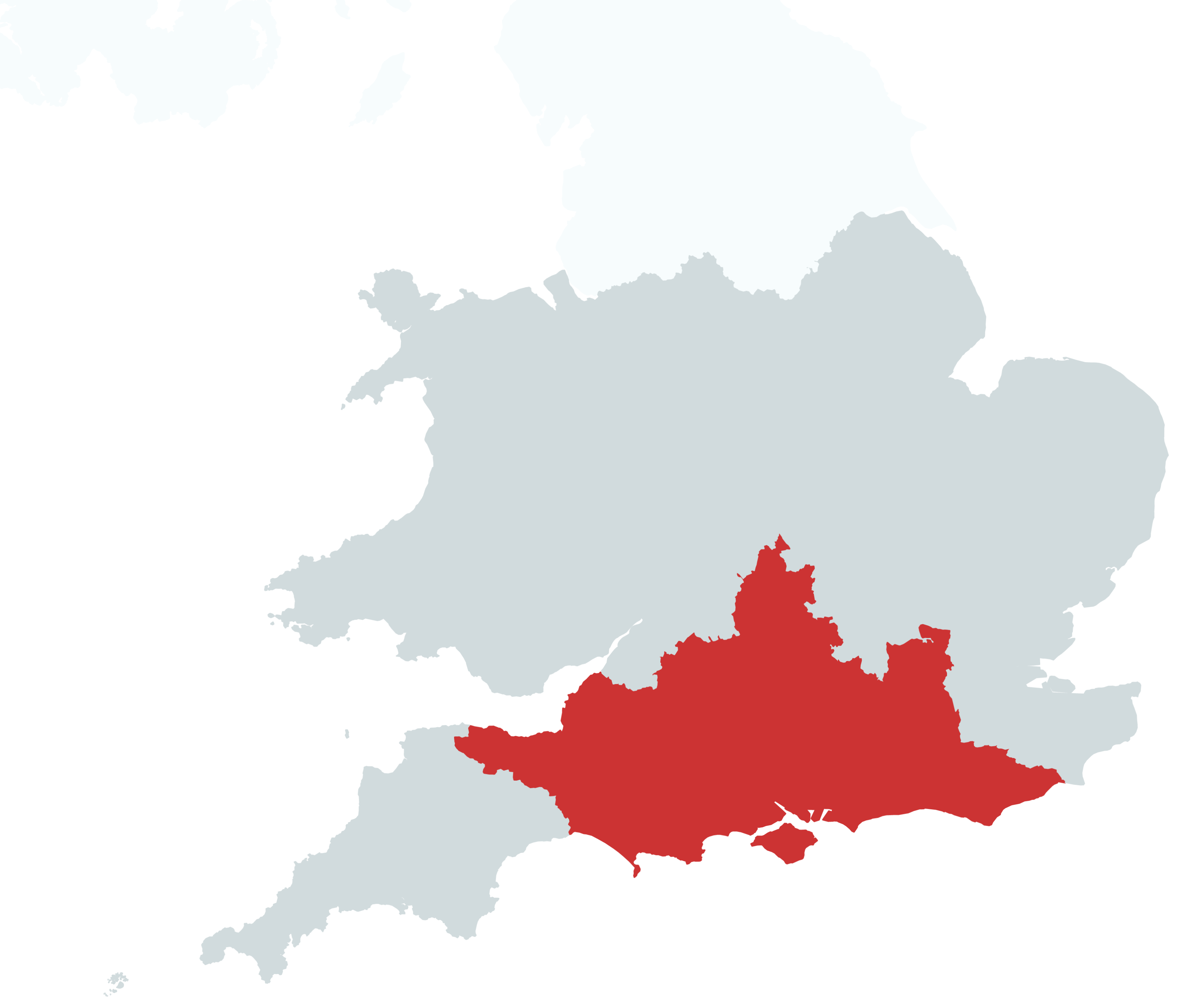Whilst it is generally accepted that insuring our cars, homes and holidays is a must, the majority of people don’t insure the most important thing; their health and families.
Do I need life insurance?
On average more than 1,400 people die everyday in the UK. This is a very sombre statistic but it shows how vital it is to consider what your financial arrangements would be should the worst happen.
It is important for anyone who has dependants (anyone who would be affected by your death) to get advice on the suitability of life insurance for them. Everyone has their own individual circumstances and the value and type of life insurance needed will vary from person to person.
Life insurance plans can provide for you and your family in a number of different ways should you die, such as:
- repay any debts you owe such as a mortgage,
- provide an income for your family,
- pay a lump sum to help with funeral costs,
- provide a fund for school fees
- pay the inheritance tax due on your estate
- and many others
How much does it cost?
This is a difficult question and the answer will vary depending on lots of factors. As there are so many different options for life insurance giving any sort of general indication would be totally irrelevant. However, generally it is much cheaper than people think. It can cost as little as a couple of beers down the local!
Life insurance can be a very inexpensive way to protect yourself and your family against the worst. Give me a call today to discuss your options.
The plan will have no cash in value at any time and will cease at the end of the term. If premiums are not maintained, then cover will lapse.
Income protection (with no investment link) has no cash in value at any time and will cease at the end of the term. If you stop paying premiums your cover may end.
Income Protection Insurance
If you had a machine in your home which, once a month, gave you £1,000 would you get it insured? Of course, you would. Well that is Income Protection Insurance, and you are that machine. Just imagine if you had an accident or illness that meant you could no longer do your job. How would you pay your mortgage, bills and keep yourself and loved ones clothed and fed?
It’s not a nice thought but these things happen every day. According to study from Legal & General if you had to stop work due to illness the average person’s savings would last 32 days. Nearly 50% of people said their savings would run out in a week or less. How long would your savings last?
Income protection insurance can give you the peace of mind that if something were to happen to you your income will still be paid.
How much cover is right
This is a difficult question and the answer will vary depending on lots of factors. The maximum that most providers will allow you to cover is typically between 50%-75% of your taxable income, less any state benefits.
Tailoring your protection to meet your circumstances
There are many different variables when it comes to Income Protection from how long you have to be unable to work to make a claim, to how long the claim will pay out for. It is important that you assess all the options and choose the right plan otherwise you may find that you are not protected when you need it. These different options will have differing affects on the premium and so it is often a good idea to set a budget and tailor the plan to suit.
Give me a call today to discuss how I can help you get the right protection.
